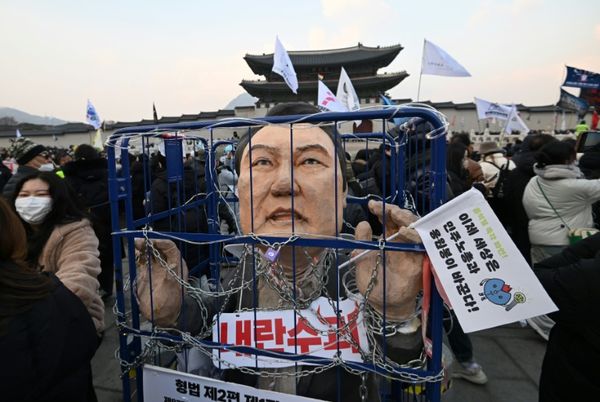
By now many people will have had their introduction to 17th century British history via observations that the name Charles has some ill omens for a British king.
Charles I, they will have read, was executed in 1649. He got what was coming to him. Charged with levying war on his own people after losing not one but two civil wars, he kept trying to manipulate his way back to power until the New Model Army got sick of him, purged Parliament and put him on trial. He had ruled for 11 years without calling Parliament, until foolishly deciding to try to impose his preferred religious model on the Scots, who promptly threw him out, forcing him to recall Parliament to obtain money.
After 11 years of increasing oppression and enforcement of a narrow Anglican orthodoxy, parliament was in no mood to help — especially after he dissolved it once, then got beaten by the Scots again.
His son, Charles II, who was restored in 1660, was a little smarter. Instead of not calling Parliament, he called one early and kept it for years, hoping its conservatism would help him. But he also made a secret deal with Louis XIV to convert to Catholicism and help the French fight the Dutch in exchange for cash that was meant to free him from relying on Parliament.
Louis XIV promptly embroiled the British in a war with the Dutch that initially went poorly for the Netherlands but eventually became a costly stalemate. So costly that, just like dad, Charles was forced to recall Parliament.
He also tried to issue a declaration on indulgence toward Catholics and Protestant dissenters, which was promptly overturned by Parliament on the important principle that a monarch couldn’t prevent the laws of the land from applying. Charles made it to 1685, to be succeeded by his brother James, a Catholic would-be absolute monarch who would be kicked out by the Dutch in 1688.
Along with their father — rumoured incorrectly to have converted to Catholicism before his execution — the later Stuarts created the persistent English belief that there was some innate connection between Catholicism and tyranny.
It’s not just in England that Charles is an unhappy sovereign’s name. The last French king called Charles, Charles X, ascended the throne in 1824 after the Bourbon restoration and badly misread the room, insisting on trying to return to the pre-Revolution monarchy: divine right of kings, laws against sacrilege, even the claim to cure scrofula with “the king’s touch”. He also approved the invasion of Algeria in 1830, then suspended Parliament and the constitution, before being forced to abdicate as Parisians went berserk.
It’s a fair way back to Charles IX — he became king of France in 1560 aged just 10, and died at 23 (you’ll be able to see his story in The Serpent Queen series which is being released now). His main achievement was the French Wars of Religion and the massacre of Protestants in 1572.
Charles VIII ruled from the age of 15 to 27 in the 15th century and allegedly died after banging his head during a game of royal tennis (a more recent study suggests he was an early victim of syphilis).
You have to go back to Charles VII to find a successful French king by that name. He ruled from 1422 to 1461, starting in inauspicious circumstances when his kingdom was reduced to a small part of France by the Hundred Years’ War with the English. By 1453 — with the help of Jeanne d’Arc — he’d driven the English out of all France except for Calais, bringing the war to an end. Not exactly the kind of vibe Charles III might be hoping to, erm, channel.
There’s a happier history to the name when it comes to Holy Roman Emperors: there was Emperor Charles V, the dominant European leader of the first half of the 16th century, who made Henry VIII’s life so miserable by blocking his divorce of Catherine of Aragon. And we can go all the way back to the original European leader, Charles the Great, the first Holy Roman Emperor, crowned by the Pope in 800, who also gets credit for the first Renaissance (there were three, for those counting), which bears his name.
The Carolingian Renaissance, however, might be setting a bit too high a standard for the new king of Britain. On the other hand, not getting executed or trying to act like a tyrant will mean he’s doing better than his predecessors.







